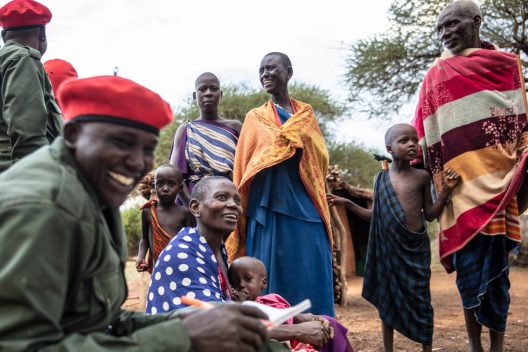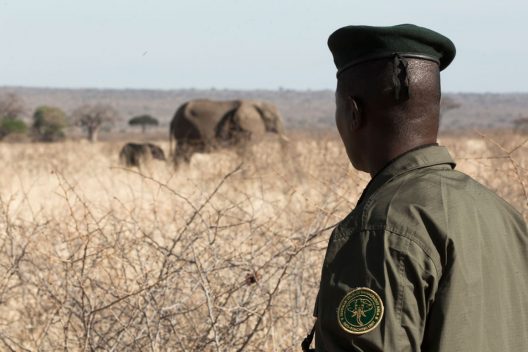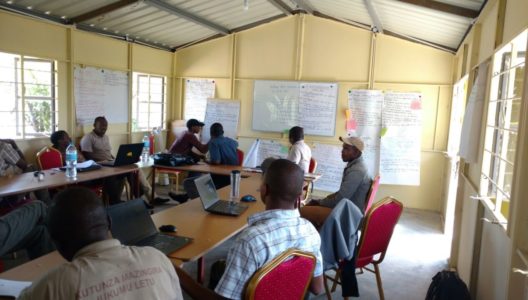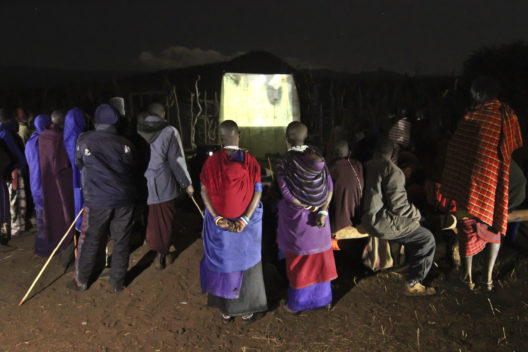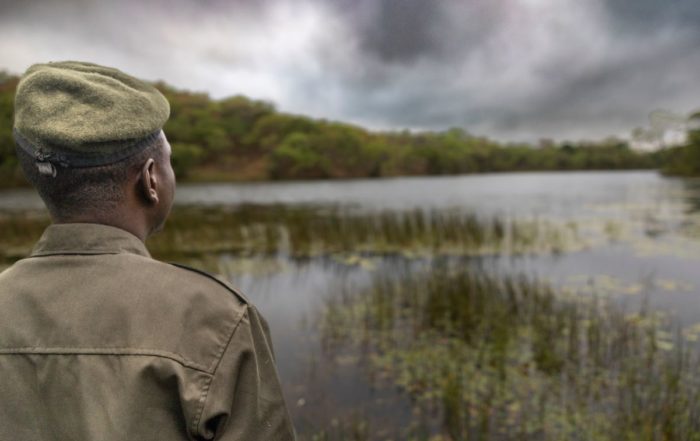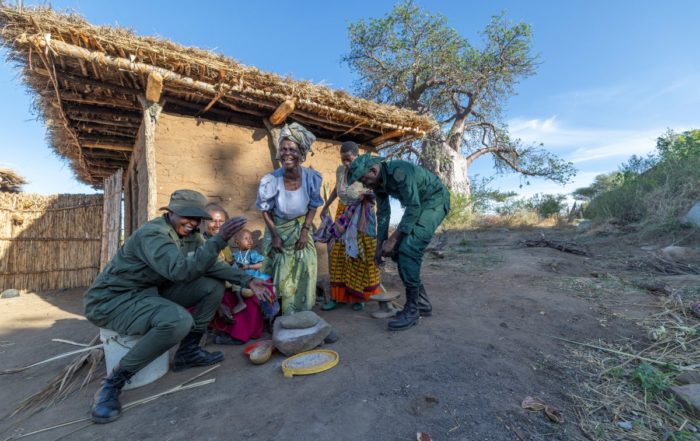What we do
Honeyguide runs programs which strengthen community-owned conservation areas in northern Tanzania. This is accomplished by focusing on five program goals: developing the “business side” of community conservation; improving management and governance; facilitating two-way communication flows between communities and leadership; reducing and safely de-escalating instances of human-wildlife conflict; and protecting habitats for sustainable use by humans and wildlife. By integrating these approaches, we are promoting the long-term success of community conservation.
“We can benefit more from tourism and take the lead in conserving the lands around so we receive more benefits,”
– Lomoyani Simel, Honeyguide’s tourism officer.
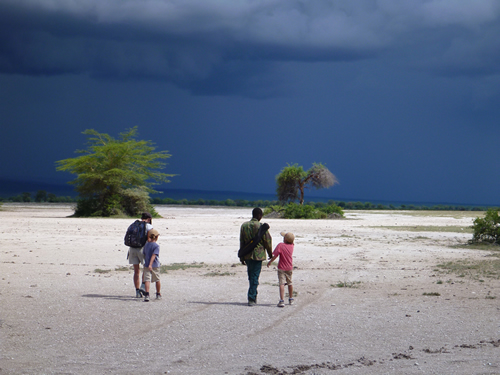 Tangible benefits are an important motivator of support for local conservation efforts. To maximize the long-term benefits that communities receive from the land they set aside for protection, Honeyguide partners with Wildlife Management Areas and other local bodies to create sustainable business strategies.
Tangible benefits are an important motivator of support for local conservation efforts. To maximize the long-term benefits that communities receive from the land they set aside for protection, Honeyguide partners with Wildlife Management Areas and other local bodies to create sustainable business strategies.
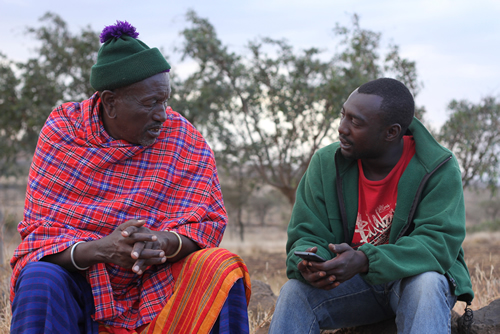 Leadership that is transparent, accountable, professional, and performance-driven will be effective and seen as legitimate by relevant stakeholders. Honeyguide trains local leaders in best practices to reinforce support for the management and governance teams.
Leadership that is transparent, accountable, professional, and performance-driven will be effective and seen as legitimate by relevant stakeholders. Honeyguide trains local leaders in best practices to reinforce support for the management and governance teams.
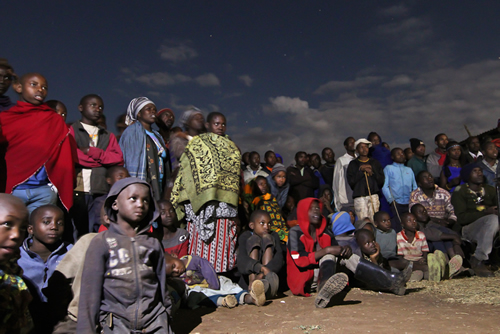 Honeyguide uses several forms of communication, such as films and publications, to inform community members of the goals and roles of Wildlife Management Areas. When people are aware of the positive effects of conservation, they are more likely to become direct participants in local efforts.
Honeyguide uses several forms of communication, such as films and publications, to inform community members of the goals and roles of Wildlife Management Areas. When people are aware of the positive effects of conservation, they are more likely to become direct participants in local efforts.
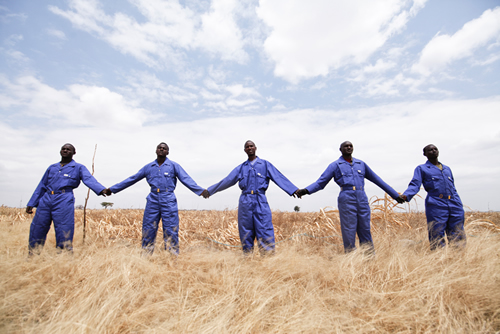 If wildlife is no longer seen as threatening people’s livelihoods, its protection carries fewer costs. We provide adaptable, affordable interventions that reduce and pacify human-wildlife conflicts to shift communities’ perceptions of wildlife from that of a threat to a long-term asset.
If wildlife is no longer seen as threatening people’s livelihoods, its protection carries fewer costs. We provide adaptable, affordable interventions that reduce and pacify human-wildlife conflicts to shift communities’ perceptions of wildlife from that of a threat to a long-term asset.
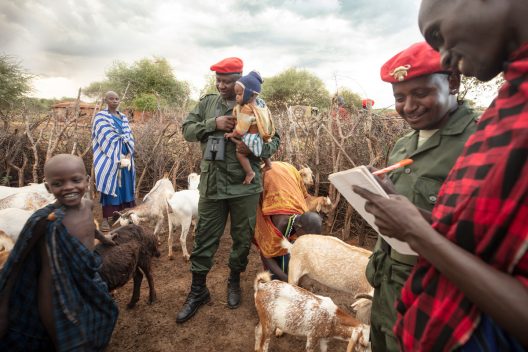 In contrast to “fortress conservation,” Honeyguide uses a participatory approach to wildlife and habitat protection. For this to succeed—which previous results show it does—our other programs must be implemented effectively. With community support, residents act as informants for highly professional teams of rangers.
In contrast to “fortress conservation,” Honeyguide uses a participatory approach to wildlife and habitat protection. For this to succeed—which previous results show it does—our other programs must be implemented effectively. With community support, residents act as informants for highly professional teams of rangers.
“We have saved more crops this year than any other. Farmers and communities become so much more supportive of conservation when you help protect their livelihoods.”
– Loiruk A. Mollel, a Honeyguide HWC field officer.
Honeyguide Project News
From Hunter to Guardian
How the EU-Funded KUWA Project is Changing Lives in Kisungule For much of his life, Saidi Alfani, a small-scale farmer from Magazini village in the Kisungule Wildlife Management Area (WMA) in Southern Tanzania, relied
Trust in Numbers
Why Financial Transparency Matters in Community-Led Conservation Introduction What if conservation wasn’t a guessing game? What if every dollar meant to protect wildlife and support communities was tracked and transparent for all to see?
A Model of Community-Led Conservation Success
Photo above: Lake Burunge photo Monica Dalmaso Burunge Wildlife Management Area: A Model of Community-Led Conservation Success Background Established in 2004, the Burunge Wildlife Management Area (WMA) in Northern Tanzania is a community-owned conservation




